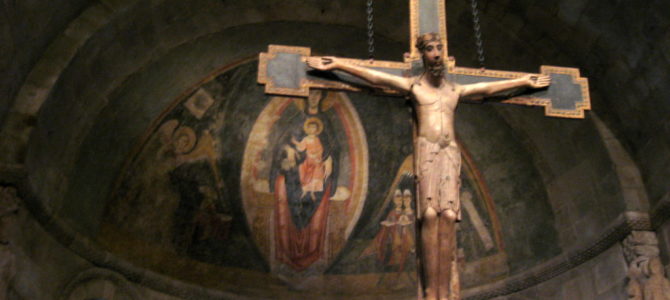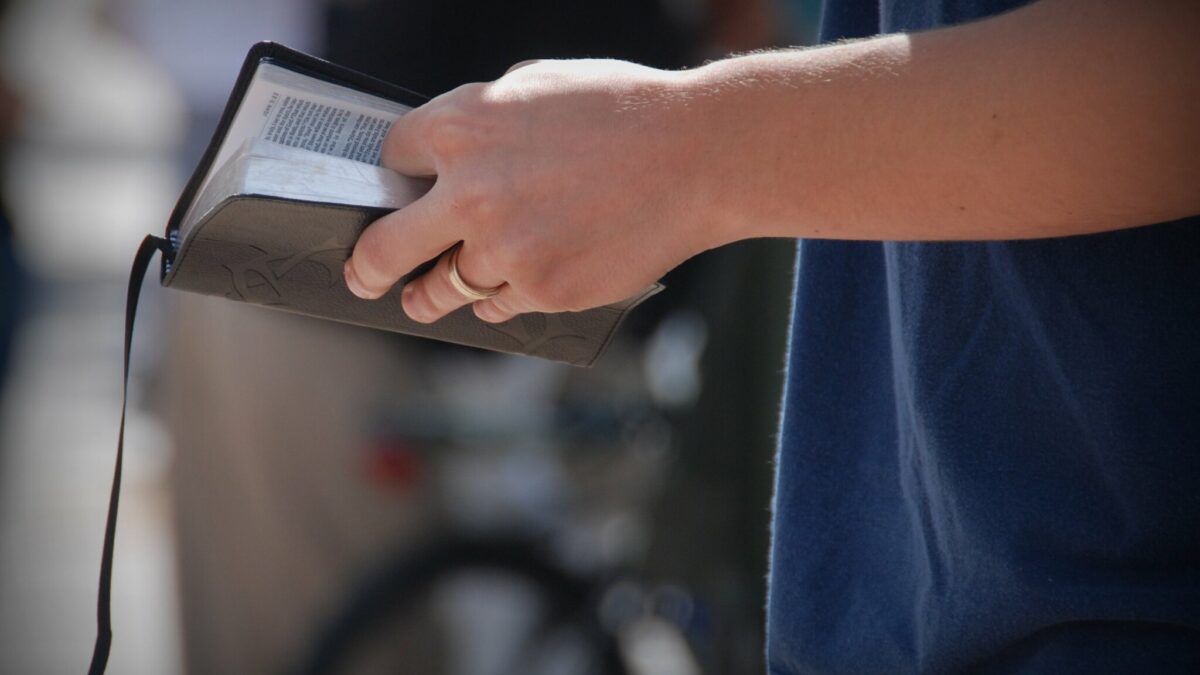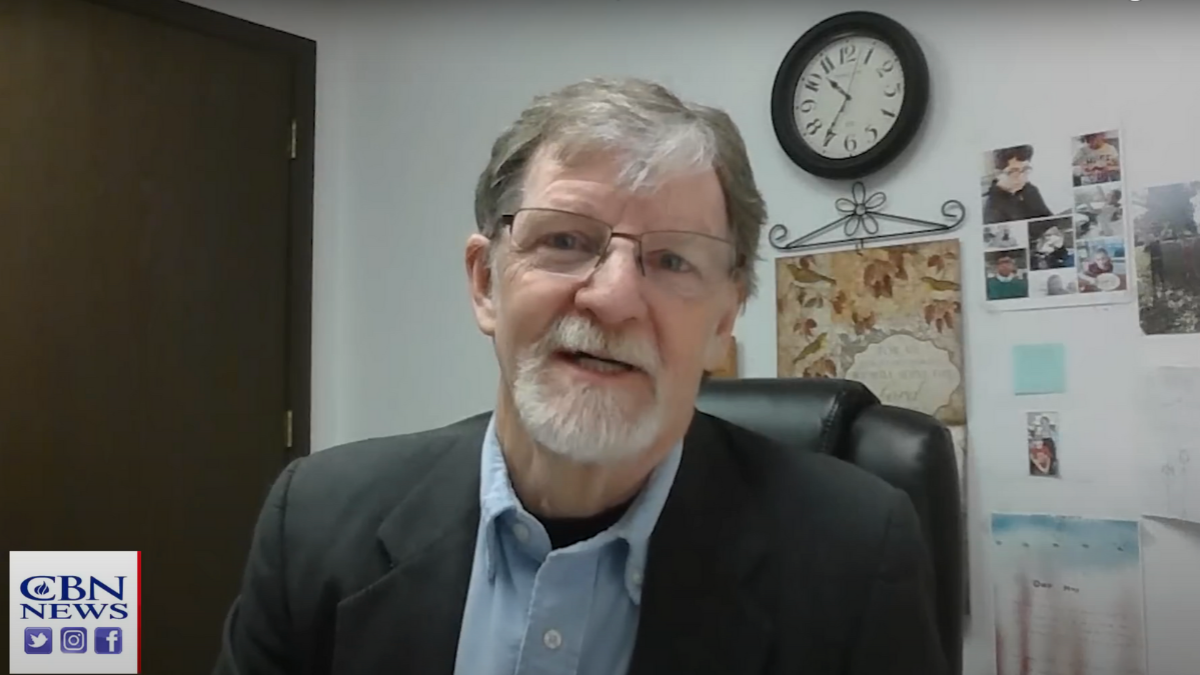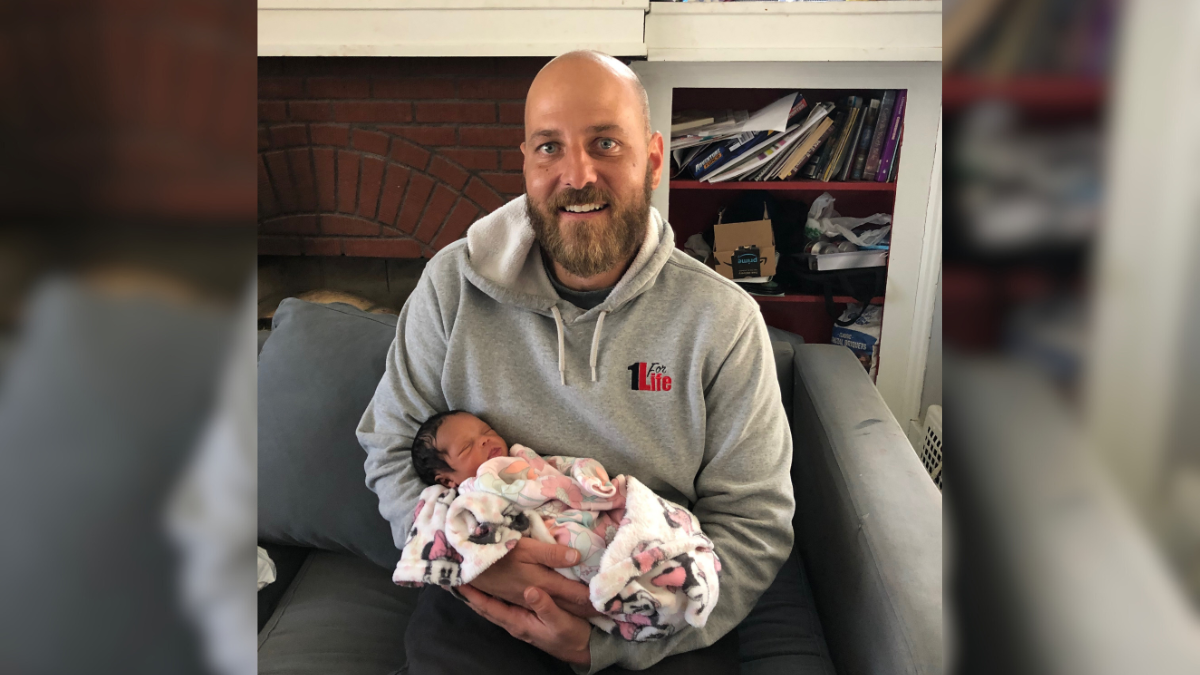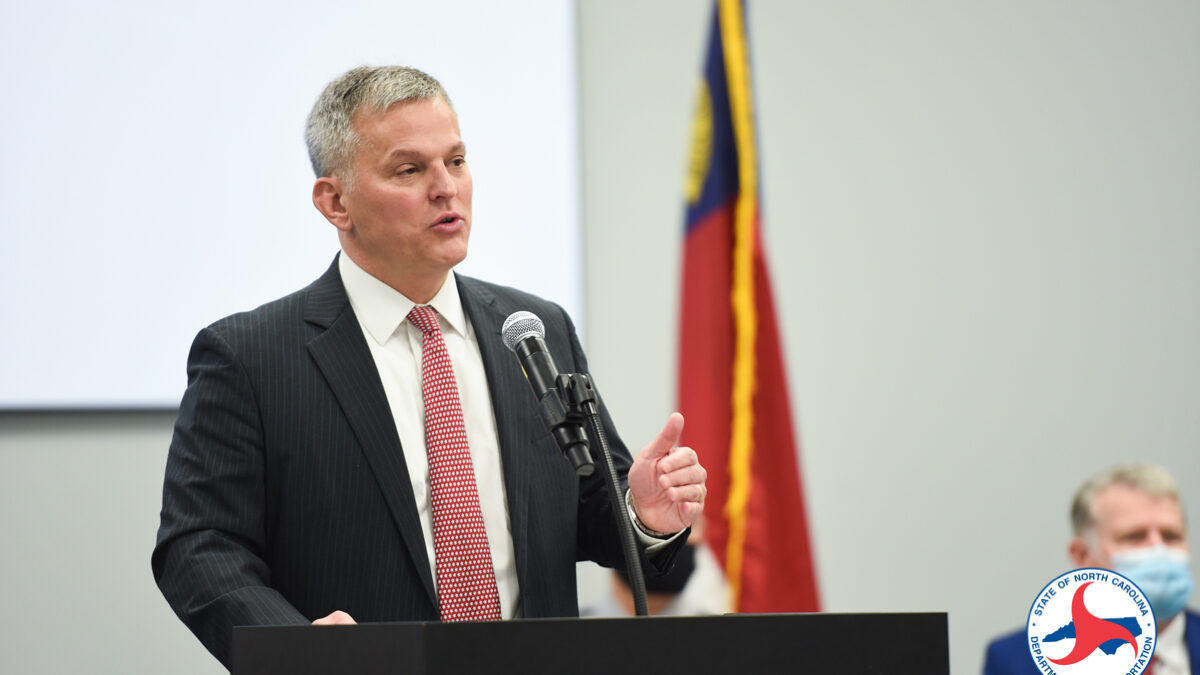When arsonist Emmanuel Abayisenga allegedly attacked Nantes Cathedral last year, Father Olivier Maire let the Rwandan immigrant stay in an abbey while he awaited trial. Abayisenga repaid the 60-year-old priest by murdering him on Monday.
Following the cathedral fire in July 2020, Abayisenga, who worked as a warden at the cathedral, confessed to arson and was held in detention until May when he was released from police custody. The suspect remained under judicial supervision. Later that month, he was placed in Maire’s abbey, where Maire served as the head of the Montfortain Missionary Order at Saint-Laurent-sur-Sevre. There, Abayisenga awaited a possible trial.
Then, mid-morning on Monday, the 40-year-old confessed to another crime: Killing the priest who provided him food and shelter.
Abayisenga is an illegal immigrant who was never expelled from the country even though France’s immigration authorities handed him an expulsion order in 2019, making Maire’s death ripe for heavy politicization. But the priest deserves more than to be a figurehead showcasing the failures of France’s border security.
Maire was reportedly a staple of the community. The priest often went to prisons and played soccer with the men behind bars. A talented organist, beloved by the entire congregation, he was known for his unmatched generosity and charity.
Heartbreakingly, Maire was another casualty in the long string of attacks against Roman Catholics that have occurred across continents for months. Recently, the Church has faced mass church burnings, vandalisms, demolished religious statues, priests beaten in streets, and spat-upon believers. The Nantes inferno was yet another example of an attack against the Church.
But instead of responding poorly to Abayisenga’s attack against the faith, Maire responded with forgiveness and compassion. He offered himself as a living sacrifice — a man who put himself at the service of Christ until the very end.
In the Gospel, Christ teaches believers to forgive. The letter to Colossians teaches to “forgive as the Lord forgave you.” Luke 6:37 says “forgive, and you will be forgiven.” Matthew 6:15 warns that “if you do not forgive others their sins, your Father will not forgive your sins,” and Jesus himself forgave his murderers on the cross. Maire lived out this Gospel.
The French priest was killed because he showed mercy for a crime against the Church, but setting a Christ-like example shouldn’t put your life in danger. Across the world, bishops, priests, and clergy are encouraging believers to do something similar: Forgive and pray, forgive and pray, forgive and pray. What else can the Church do when the rest of the world disregards the global prominence of anti-Catholic attacks?
Tragically, Father Maire’s life ended because he availed himself as one of Christ’s servants. As difficult as it may be, Catholics must pray for his soul and Abayisenga’s. Most of all, they must pray that a life of faith stops resulting in certain death.
